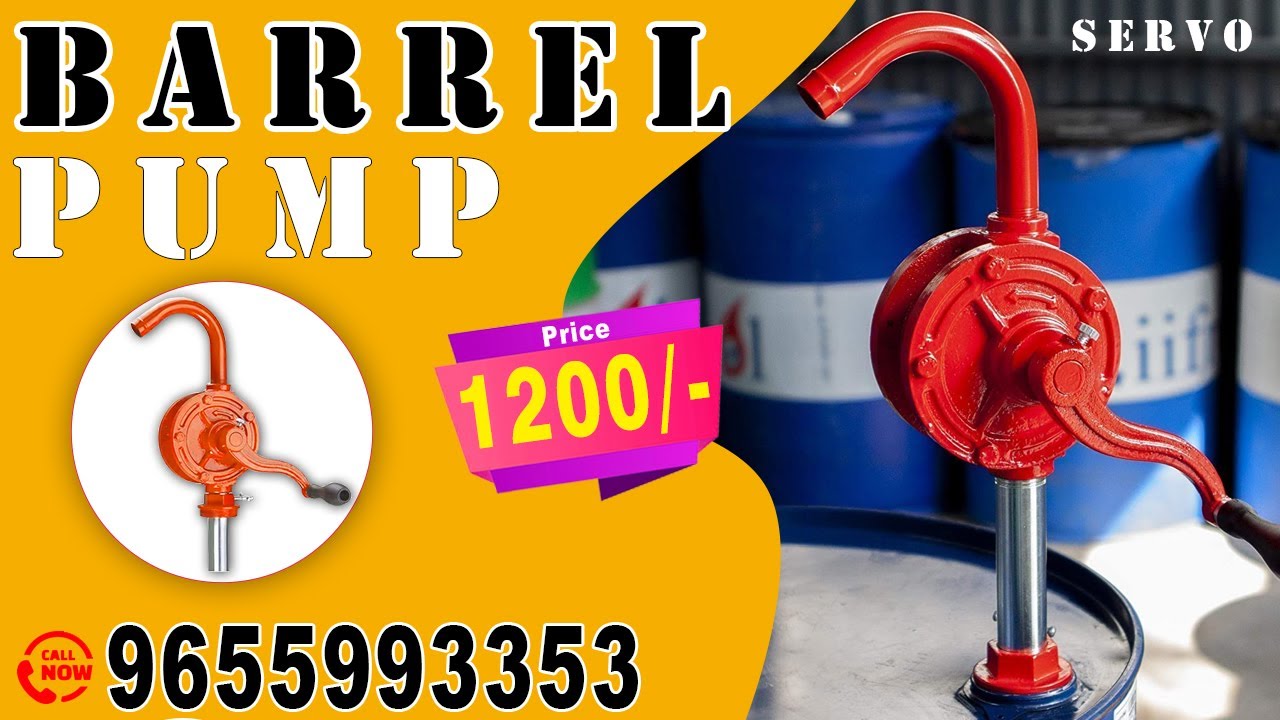
"Efficient Liquid Transfer: The Power of Barrel Pumps"
Introduction:
Barrel pumps are a crucial tool for transferring liquids safely and efficiently. Whether you're handling chemicals, fuels, or other fluids, a reliable barrel pump is essential for getting the job done. In this post, we'll explore the benefits and applications of barrel pumps, as well as key considerations for selecting the right one for your needs.
Benefits of Barrel Pumps:
- Safety: Reduce the risk of spills and accidents with controlled liquid transfer
- Efficiency: Quickly and easily transfer liquids with minimal labor
- Versatility: Suitable for a wide range of liquids and applications
- Cost-effective: Minimize waste and reduce labor costs
Types of Barrel Pumps:
- Manual pumps: Hand-operated for small-scale applications
- Electric pumps: Motorized for high-volume transfer
- Pneumatic pumps: Air-powered for hazardous or explosive environments
- Bailers: Simple, manual pumps for small containers
Key Considerations:
- Liquid compatibility: Ensure the pump material is compatible with the liquid being transferred
- Flow rate and pressure: Choose a pump that meets your transfer rate and pressure requirements
- Viscosity and temperature: Consider the liquid's viscosity and temperature range
- Certifications and regulations: Ensure compliance with relevant industry standards
Applications:
- Chemical processing
- Fuel transfer
- Food and beverage
- Pharmaceuticals
- Laboratories
Maintenance and Troubleshooting:
- Regular cleaning and inspection
- Replace worn or damaged parts
- Troubleshoot common issues like leaks or clogs
Conclusion:
Barrel pumps are a vital tool for anyone working with liquids. By understanding the benefits, types, and key considerations, you can select the right pump for your needs and ensure efficient, safe, and cost-effective liquid transfer.













